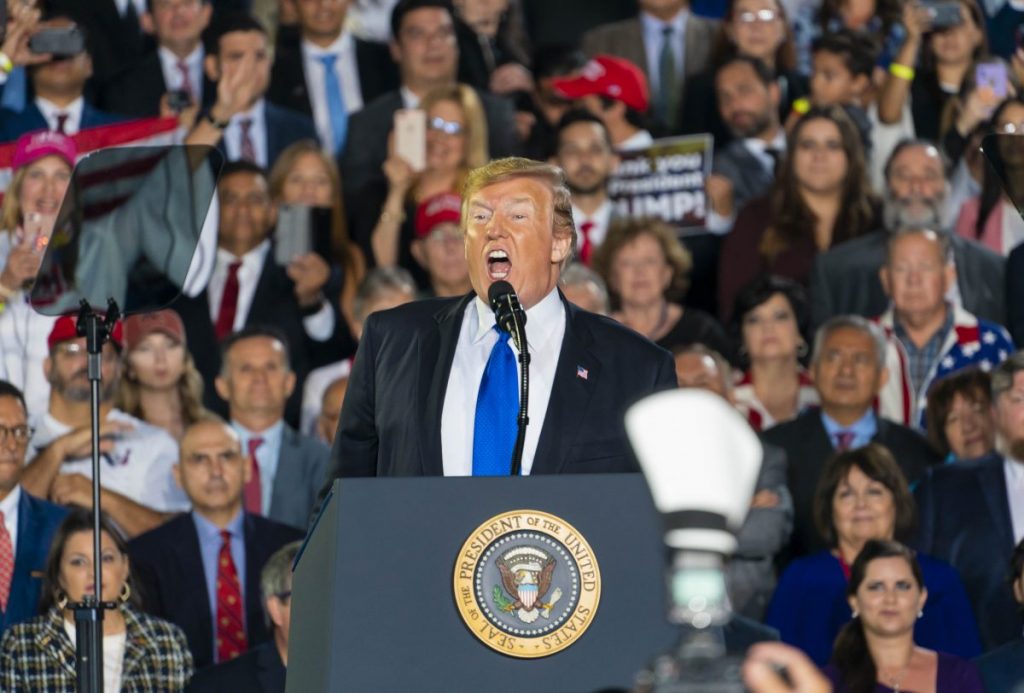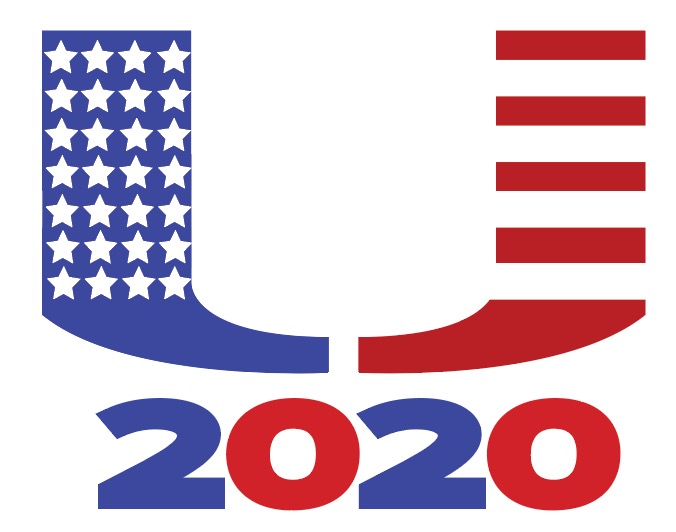With Super Tuesday looming, many pertinent issues are dividing the Democratic party. In the sphere of education however, the differences between candidates have grown smaller and less distinguishable.
Education policy affects the daily life of all students at the University of Miami. With the largest issue facing college age students and college graduates being student loan debt, it is clearly a major selling point for all Democrats. While every candidate’s higher education platform focuses on college affordability and federal student loan refinancing, only Sen. Bernie Sanders of Vermont and Sen. Elizabeth Warren of Massachusetts have embraced a tuition-free model for all public two-year and four-year colleges and the wide-scale elimination of student loan debt. Warren’s plan goes hand in hand with her intensive “Ultra Millionaire Tax,” which she plans to use to fund free college.
The cost of attending a private institution like the University of Miami would not be influenced by the types of federal policy taking center stage, but there are some instances that affect students across all types of institutions. All of the current candidates either wish to expand the application areas of the federal Pell grant, expand eligibility for the Pell grant or increase the award amounts.
Roughly 15 percent of University of Miami students receive the Pell grant. Award amounts can be large enough to cover a large portion of housing or enough to support a one-credit class. Vice President Biden and Mayor Mike Bloomberg have expressed a desire to double the size of the Pell Grant.
In terms of making a voting decision, the candidates’ plans for higher education has the potential to play a large role in a students decision. With that said, college affordability may not be as important to student voters as other pressing issues such as immigration policy or climate change policy.
Sophomore Nolan McDermott, a computer science and math major, says education policy will definitely play a role in who he votes for.
“While I do think that higher education is very important I have to admit that “free college for all” scares me a little. I really think college should be a merit based system and offering it to everyone for free seems to de-value the significance of a degree. This might cause students to be less motivated and more lazy because there is no incentive to earn scholarships anymore,” McDermott said.
Regarding student loan debt forgiveness, McDermott said, “It would be very helpful especially to those who worked hard for their degree, but it does just as much help for those who we’re reckless in acquiring so much debt.” Bloomberg’s free first two years of college appeal to McDermott, who sees that policy as an incentive more than an opportunity to free-ride.
While some students may like the idea of completely free college, the feasibility of those policies presents a challenge. Cody Kline, a junior majoring in education and psychology, considers moving towards affordable college, as opposed to completely free, to be more feasible within the next four years.
“The candidates have very similar viewpoints when it comes to education,” said Kline. “Education policy will probably not play a large factor on my voting decision.”
Bernie Sanders
Sen. Bernie Sanders (D-VT) introduced legislation that would forgive student loans, expand what Pell grants can pay for, and eliminate tuition at public four-year colleges and universities. Sanders also released a plan that calls for spending $1.3 billion a year to support HBCUs and other minority-serving institutions so they can eliminate or significantly reduce tuition and fees.

Sanders has proposed making community college free for all, with states paying about a third of the bill and the rest coming from the federal government.
Elizabeth Warren

Sen. Elizabeth Warren (D-MA) supports free community college and four years of public college for all students. She’s also proposed cancelling student loan debt for 42 million Americans. Warren has said she wants to increase funding for Pell grants and invest $50 billion in HBCUs.
Mike Bloomberg
Mayor Mike Bloomberg’s higher education plan calls for two years of free public college for all and four years of free public college for low-income students. It also calls for doubling the size of Pell grants, tripling federal funding for HBCUs, and lowering student loan interest rates.

Bloomberg’s higher education plan calls for the establishment of a federal matching program that would send more money to states that agree to limit tuition increases, among other things.
Bloomberg’s economic proposals include expanding paid apprenticeships that result in academic credit and piloting the use of federal Pell Grants for work training programs.
Joe Biden

Biden’s “education beyond high school” plan includes free community college, including for part-time students and DREAMers; a grant program to help community colleges grow programs that help students complete degrees; spending $50 billion on workforce-oriented partnerships between high schools, colleges, and businesses; doubling the maximum size of Pell grants; and big investments in HBCUs.
Current Administration

The Trump administration also wants to end the Public Service Loan Forgiveness Program, which aims to forgive loans to those who work in the public service as teachers, nurses or police and firefighters after 10 years of payments. The Trump administration proposes forgiving all loans to college students after 15 years and limit payments to 12.5% of a debtor’s discretionary income. The Trump administration has reversed aggressive Obama-era rules to crack down on for-profit schools, which aimed to address that 44% of loans to defaulting students came from people attending for-profit schools.







